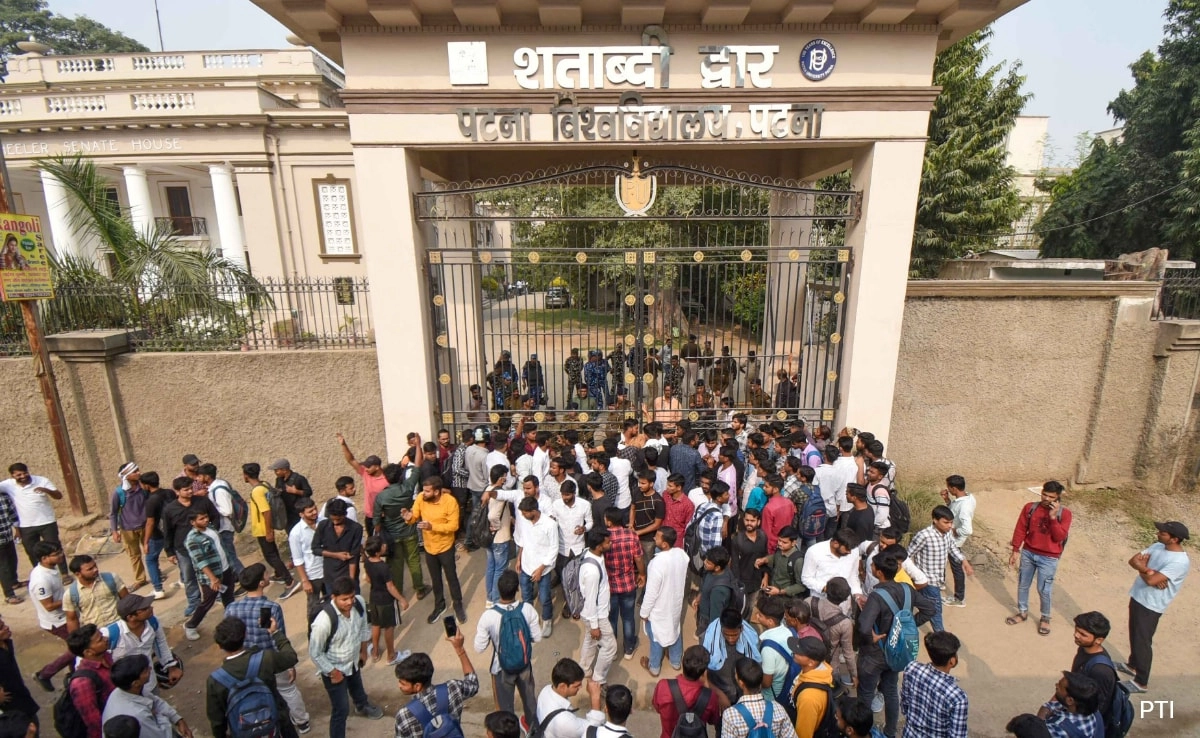In the Union Territory of Puducherry, a significant debate has emerged surrounding the display of shop names in Tamil, reigniting discussions on linguistic identity and cultural representation. Amid a growing emphasis on regional languages, local authorities have mandated that all shops must display their names in Tamil. This decision is rooted in the desire to promote the Tamil language, which holds a deep cultural significance in the region. Proponents of the mandate argue that it not only fosters a sense of local identity but also ensures that the language is preserved and celebrated in everyday life.
The push for Tamil signage comes against the backdrop of a broader language row that has been a recurring theme in various parts of India, where the question of linguistic dominance and recognition often leads to tensions. In Puducherry, a region with a diverse linguistic landscape, the move to require Tamil signage has been met with both support and opposition. Supporters believe that such measures are essential for protecting the linguistic heritage of Tamil speakers, while critics argue that it may marginalize other languages spoken in the area, such as French and English, which also have historical significance in the region.
This initiative reflects a growing trend across India, where local governments are increasingly recognizing the importance of regional languages in public life. While the intention behind the policy is to empower Tamil speakers and affirm their cultural identity, it also raises questions about inclusivity and the balance between promoting one language over others. As businesses adapt to this new requirement, the debate is likely to continue, highlighting the complexities of language politics in a multilingual nation like India.
Ultimately, the mandate for shops to display names in Tamil encapsulates a larger narrative about cultural preservation and the struggles that come with it. The ongoing discussions surrounding this issue will shape the linguistic landscape of Puducherry and may set a precedent for similar policies in other regions, reflecting the dynamic interplay between language, identity, and commerce in contemporary society. As the community navigates these changes, it remains to be seen how this policy will influence the local economy and the broader social fabric.




